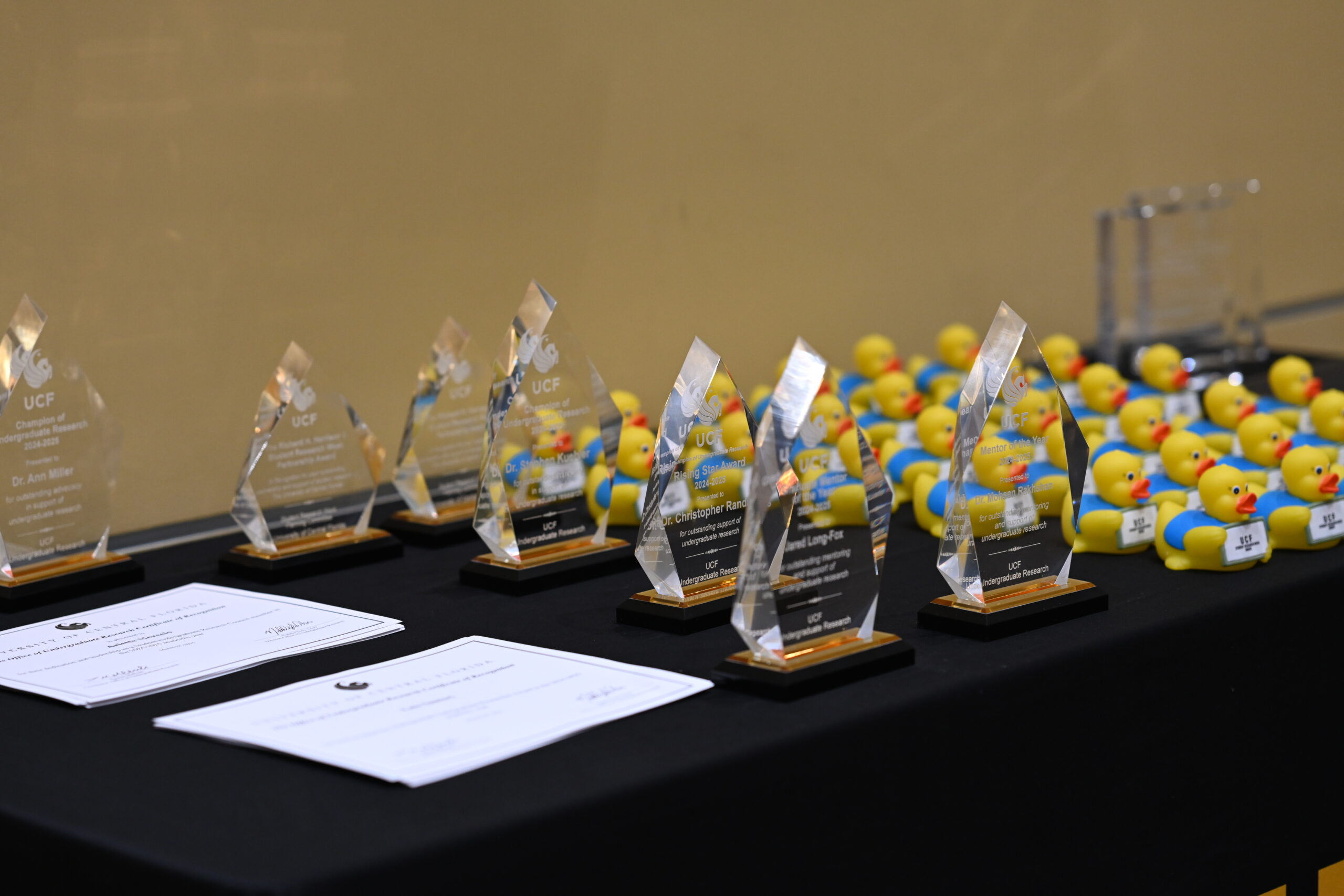What a View: OSIRIS REx Mission Captures Images of Test Run Maneuver Near Asteroid
NASA’s OSIRIS REx team, which includes two professors from the University of Central Florida, completed a dress rehearsal of maneuvers it expects to make when its mission to collect a sample from an ancient asteroid comes to its climax.
UCF Professor Humberto Campins and Assistant Professor Kerri Donaldson Hanna are part of the science team on the mission, which is a first-of-its-kind mission for the United States. The spacecraft is scheduled to perform a touch-and-go operation, extending the spacecraft’s arm to collect a small sample of asteroid Bennu in August and then return it to Earth in 2023.
During the dress rehearsal completed earlier this month, the team tested those maneuvers necessary to collect the sample. The test-run also produced stunning photos taken by the camera mounted on the vehicle’s arm.
“The photos are just amazing,” Campins says. “This is a very significant step that brings OSIRIS-REx closer to our sampling maneuver in August. The dress rehearsal went better than expected. The spacecraft successfully demonstrated its ability to fine-tune its approach to Bennu.”
When the spacecraft launched in September 2016 from the Kennedy Space Center in Florida, the team, led by University of Arizona Professor Dante S. Lauretta, expected a somewhat smooth asteroid surface based on data collected about Bennu. But when the spacecraft arrived in December 2018 it encountered several surprises.
Particles were being ejected from its surface and it was covered in boulders of varying sizes. The team had to make several major adjustments from its approach to the asteroid to how it mapped the surface. Campins and others on the imaging team spent months analyzing the photos to determine the best spots for collection. It became obvious they were not going to get a clear 50-meter diameter region to collect the sample. The primary sampling site, named Nightingale is an area of about 10-meters and is the best option.
“It looks good for the sampling event in August,” Campins says.
Asteroid Bennu was selected because data indicated it is a carbonaceous primitive asteroid that may contain material from the earliest history of our solar system. The asteroid is expected to contain the molecular precursors to the origin of life and the Earth’s oceans.
While Bennu has a very small chance to impact Earth in the final decade of the next century, learning more about the composition of this asteroid will be important information for plans to prevent an asteroid impact.
Latest News

UCF Rosen College Ranks No. 1 in the World for Hospitality Education for 2025
One of the most anticipated theme parks in the world is about to open its gates — and right next door, the No. 1 hospitality and hotel management school on...

UCF Women’s Club Enhances Graduate Excellence through Scholarships
Financial support plays a crucial role in the academic success of many students, with scholarships serving as a key resource that enables many to access higher education. Scholarships provide vital...

UCF Honors Outstanding Graduate Students for 2025
Each year, the University of Central Florida recognizes exceptional graduate students who have demonstrated excellence in academics, leadership, research, creative scholarship, and service. These outstanding individuals are honored through UCF’s...

Founders’ Day 2025: Celebrating Student, Faculty and Staff Knights
Every year on the first Wednesday of April, UCF honors the outstanding accomplishments and contributions of our people on Founders’ Day, our annual celebration of the employees, faculty, and students...
